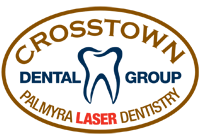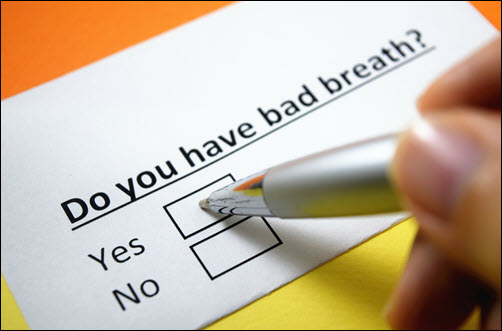Mouth Breathing and Oral Health
Mouth breathing is a common issue that can have a significant impact on oral health. Whether due to nasal congestion, allergies, or habit, breathing through the mouth instead of the nose can lead to various dental and health problems. Understanding the effects on oral health and taking steps to address it can help prevent these issues and promote overall well-being.
Causes of Mouth Breathing
Mouth breathing can occur for several reasons, including:
- Nasal Congestion: Conditions such as allergies, sinus infections, or a deviated septum can block the nasal passages, forcing individuals to breathe through their mouth.
- Enlarged Tonsils or Adenoids: These can obstruct the airway, particularly in children, leading to mouth breathing.
- Habit: Some individuals develop the habit of mouth breathing, even when there is no physical obstruction.
- Anatomical Factors: Certain facial structures or dental alignments can contribute to mouth breathing.
Effects of on Oral Health
 Mouth breathing can have several negative effects on oral health:
Mouth breathing can have several negative effects on oral health:
- Dry Mouth: One of the most immediate effects is dry mouth. Saliva plays a crucial role in maintaining oral health by neutralizing acids, washing away food particles, and providing disease-fighting substances. Reduced saliva flow can lead to dry mouth, increasing the risk of cavities, gum disease, and bad breath.
- Gum Disease: Chronic mouth breathing can lead to inflamed, irritated gums. Without the protective effects of saliva, plaque and bacteria can build up more easily, increasing the risk of gingivitis and periodontitis.
- Tooth Decay: Saliva helps protect teeth from decay by neutralizing acids produced by bacteria. It can reduce saliva production, leading to an increased risk of cavities.
- Changes in Facial Structure: In children, chronic it can affect the growth and development of facial structures, potentially leading to a long, narrow face and dental issues such as an overbite or open bite.
- Halitosis (Bad Breath): Reduced saliva flow can result in bad breath due to an accumulation of bacteria and food particles.
Addressing Mouth Breathing
It’s important to identify and address the underlying causes to prevent its negative effects on oral health. Here are some strategies:
- Consult a Healthcare Professional: If it is due to nasal congestion, allergies, or anatomical issues, consult a healthcare professional for proper diagnosis and treatment.
- Improve Nasal Breathing: Nasal strips or saline sprays can help open the nasal passages, making it easier to breathe through the nose.
- Practice Breathing Exercises: Breathing exercises can help retrain the body to breathe through the nose.
- Maintain Good Oral Hygiene: Regular brushing, flossing, and using mouthwash can help reduce the risk of cavities and gum disease associated with dry mouth.
- Stay Hydrated: Drinking plenty of water can help alleviate dry mouth and keep the mouth moist.
Mouth breathing can have a significant impact on oral health, leading to dry mouth, gum disease, and other dental issues. By understanding the causes and effects, individuals can take proactive steps to address the problem and maintain good oral health. Consulting with healthcare professionals, practicing good oral hygiene, and addressing any underlying medical conditions are key to preventing the negative consequences and promoting overall well-being.



 Being Proactive Against Bad Breath
Being Proactive Against Bad Breath